TSGT. RAFFAELE R. (RALPH) REALE, WWII: A hero's life ended on East Sunnyside Lane
U.S. Army Air Forces Technical Sergeant Raffaele Rocco (Ralph) Reale, 29, died of a self-inflicted gunshot wound near his family’s home at 118 East Sunnyside Lane, on Friday, Aug. 17, 1945, two days after World War II ended with the surrender of the Empire of Japan.
He was survived by two brothers in combat theatres at the time of his death. Pfc. Natale Reale, born on Christmas Day, 1918 – Natale means Christmas in Italian – remained deployed in the Mariana Islands. Corporal Americo P. (Merico) Reale, born on June 19, 1924 was stationed in post-war France.
In civilian life, Ralph was employed as a metal worker at the Burnham Boiler Co., a subsidiary of Lord & Burnham Co., at Main and South Astor streets, after graduating from high school, c. 1934. Born in Manown, Pa., on June 1. 1916, he moved to Irvington with his family sometime between 1925 and 1930.
 |
The Irvington Veterans Memorial Plaza on Main Street at Aqueduct Lane features a monument (center, left of flagpole) that includes the names of all Irvington residents who served in the military during World War I (1917-18), World War II (1941-45) and the Korean Conflict (1950-53). It was dedicated on Nov. 9, 1963. The separate, smaller memorial (right of flagpole) honors those who served in Vietnam. (Photo courtesy Village of Irvington) |
Sgt. Reale spoke sparingly about his wartime efforts, parsing the information because of wartime security censorship. Published in Aug. 19, 1943 edition of the Irvington Gazette was this letter, excerpted to highlight his experiences:
"Somewhere in North Africa, Aug. 3, 1943
“… First of all I want you to know that I had the opportunity to visit many of the towns and cities where some of the major battles have taken place here in Africa.
“ There isn’t very much left to the homes or any other buildings but just a mass of ruins, due to the heavy bombings. Some of the places are Gafsa [oasis city in central Tunisia], Kasserine [west-central Tunisian city near eponymous pass in neighboring Atlas Mountains], Sousse [in east-central Tunisia with port on Gulf of Hammamet off Mediterranean Sea] and Oran [port city in northwest Algeria].
“Here in Africa I have met my cousin Patsy and also Louis Di Falco. I was speechless when the two of them came to see me while I was having a nap. Lately, I haven’t been able to get anything to drink, such as beer or wine, but we sure can get plenty of melons and prickly pears. The soil is very fertile and it seems to me that there is almost every kind of plant imaginable in Africa. I never saw so many different kinds of animals until I got here.
“We are very fortunate, I must say, to take in a movie almost every night. …
“... Lots of luck and best wishes, Ralph.”
Patsy referred to Ralph Reale's cousin Pasquale Reale Jr. who grew up a couple doors away from Ralph, also on East Sunnyside Lane, and Di Falco was an unrelated East Irvington neighbor and friend. Both were in the service simultaneously with Ralph Reale.
James alerted police after noticing his son’s .38 caliber service weapon missing from his son’s room. Police found Sgt. Reale’s lifeless body about two hours later, sometime after 9 p.m. in a clump of bushes not far from the family’s home. Two rounds had been fired from the gun, which was found under Sgt. Reale’s body. One of the rounds had pierced his heart.
The fallen soldier was honored by members of Irvington Post 2911 Veterans of Foreign Wars, village leaders, friends and family and an Army honor detail from Governor’s Island in a requiem Mass at his home parish, Immaculate Conception Catholic Church in Irvington. Interment followed at Sleepy Hollow Cemetery with the Army honor guard firing a three-volley salute and the VFW bugler sounding Taps.
The history behind the iconic funeral dirge.
Links to similar personal stories about Irvington heroes who gave their lives for their country*
◼ Pfc. Cuthbert Powell Sinkking: Class of '42 gave 3 of its own to the ages
◼ Pfc. John Joseph (Joe) Gilchrist: Died after capture of Saint-Lo
◼ Lt. (j.g.) George Eddison Haines: Lost at sea, awarded Silver Star
◼ Pfc. Joseph Thomas Costello: Teen lost life in Battle of Mindanao
◼ MSgt. James Peter Kelley: Survived WW II and Korea; died in fall
◼ S1 Archibald Ronald: Lost on next-to-last Navy ship sunk by U-boat
◼ TSgt. Raffaele R. (Ralph) Reale: A hero's life ended on East Sunnyside Lane
◼ Sgt. Robert F. Morrison: Took fight to the enemy, fell in Alsace
◼ Lt. Col. George W. Beavers Jr.: Re-upped as private; died on war's eve
◼ F2 Claude L. Bronnes: Went down with the Atlanta at Guadalcanal
◼ MMLC William James Downey: Died aboard ship off West Coast
◼ Pvt. Alick Main Ian: Died taking Aachen, first German city to fall in WWII
◼ Pfc. George Mills Hill Jr.: Survived Okinawa, only to fall in South Korea
◼ Pvt. Peter R. Robinson: Lost to shadows of time over Pacific, answers never found
WORLD WAR I
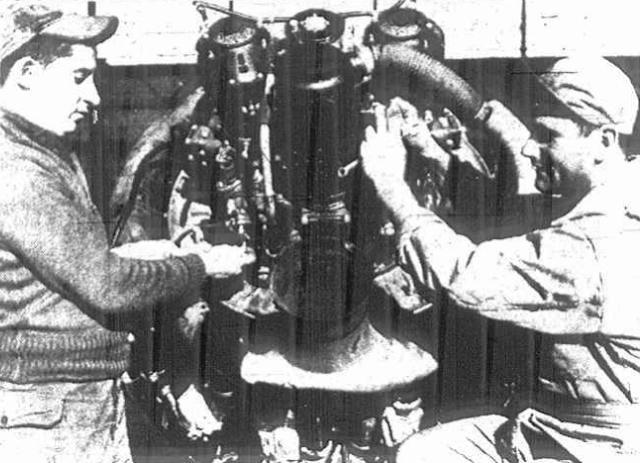

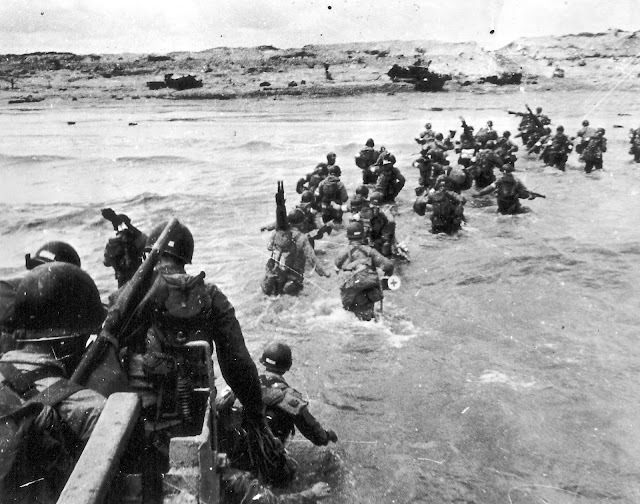


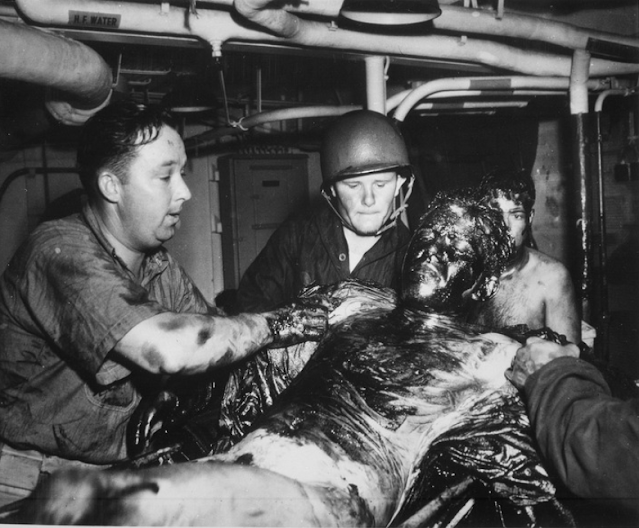

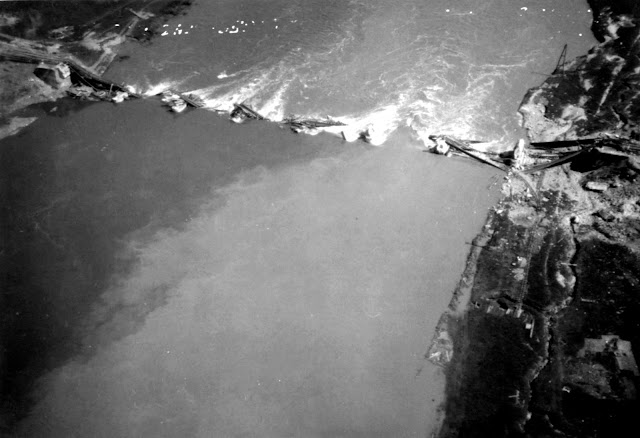
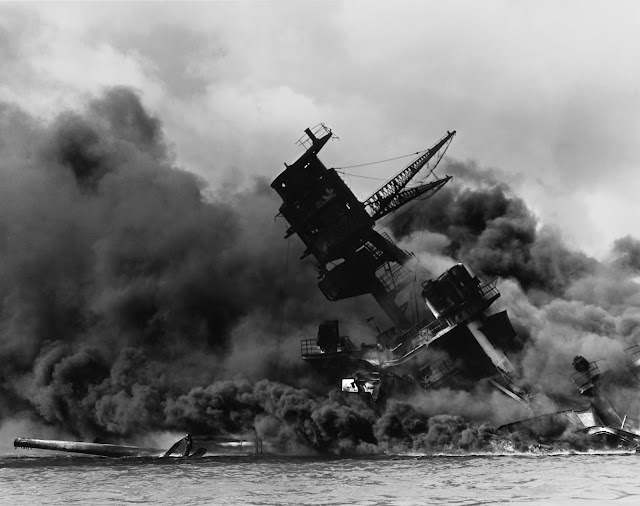

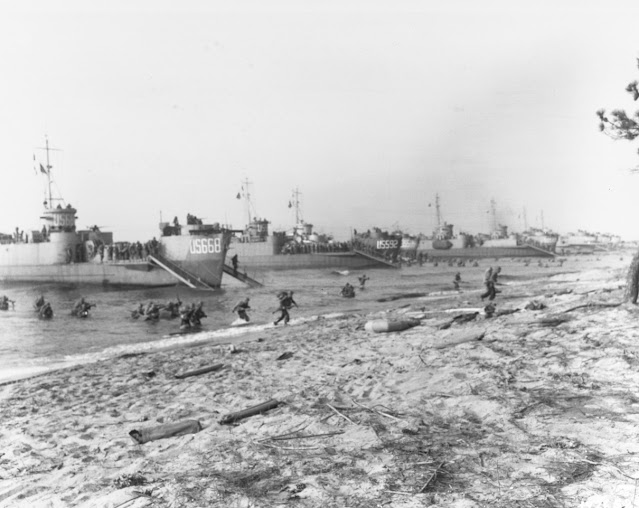
Comments
Post a Comment